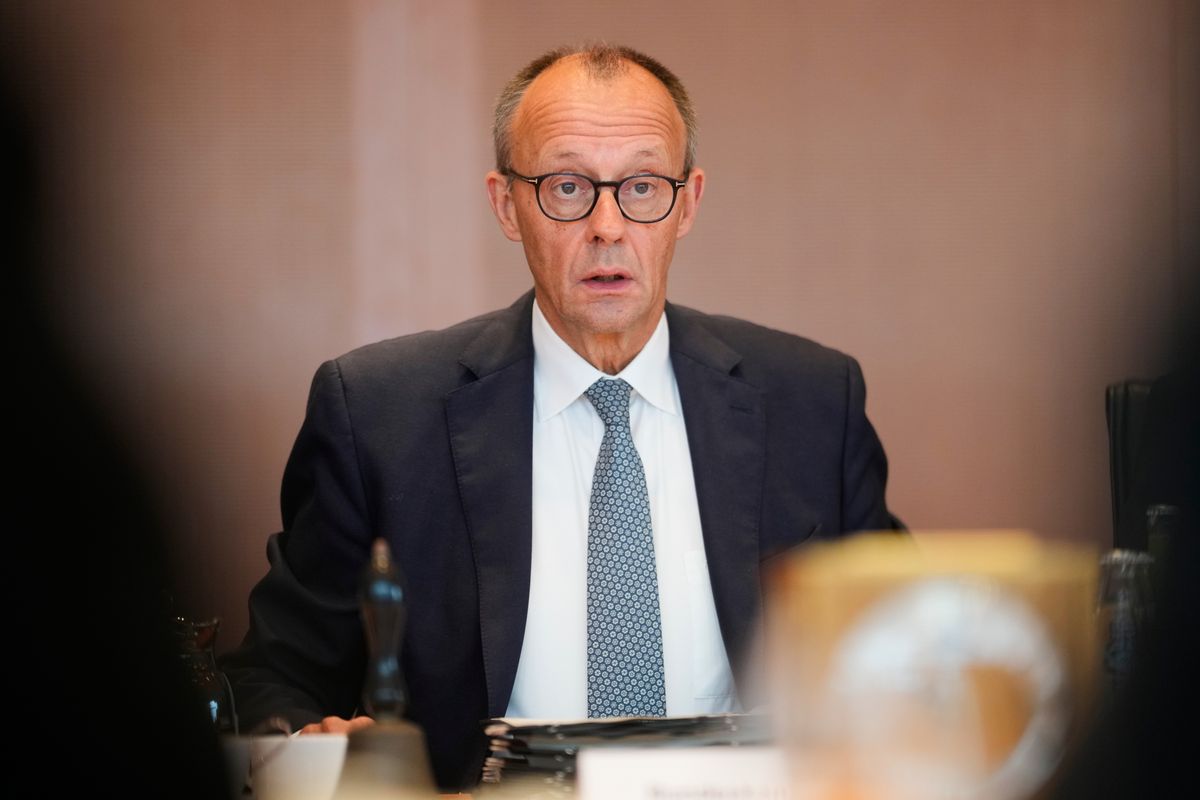BERLIN (AP) — Germany’s new government said Wednesday it expects Europe’s biggest economy to see minimal growth of 0.2% this year, with a forecast for 1.3% growth next year and 1.4% in 2027.
The outlook for 2025 is slightly higher than the previous government’s forecast in late April for zero growth this year, expanding to 1% in 2026.
The German economy has shrunk for the past two years and hasn’t seen significant growth for much longer. Chancellor Friedrich Merz’s government has made revitalizing it a priority since taking office in early May.
Economy Minister Katherina Reiche said in a statement that “we need to act, now” on competitiveness and innovation. She noted that a significant part of the expected growth will come from the plans for high government spending, and even that will only be effective if investments are made quickly — requiring fast planning and approval processes, something that Germany so far has lagged on.
“To secure long-term growth, we must end the reform backlog — reduce energy costs, foster private investment, addres the tax burden that is high by international standards, dismantle bureaucracy, open markets and enable innovation,” she added.
Merz’s government has launched a program to encourage investment and set up a 500 billion-euro ($584 billion) fund to pour money into Germany’s creaking infrastructure over the next 12 years. It is promising to cut red tape and speed up the country’s lagging digitization.
A group comprising dozens of companies pledged in July to invest at least 631 billion euros in Germany over the next three years, a figure that included some previously planned investments but was designed to send a signal of confidence in the economy.
Germany for years expanded exports and dominated world trade in engineered products like industrial machinery and luxury cars. But it has suffered from increasing competition from Chinese companies, along with many other factors that have increased risks, including U.S. President Donald Trump’s tariffs and trade threats.


